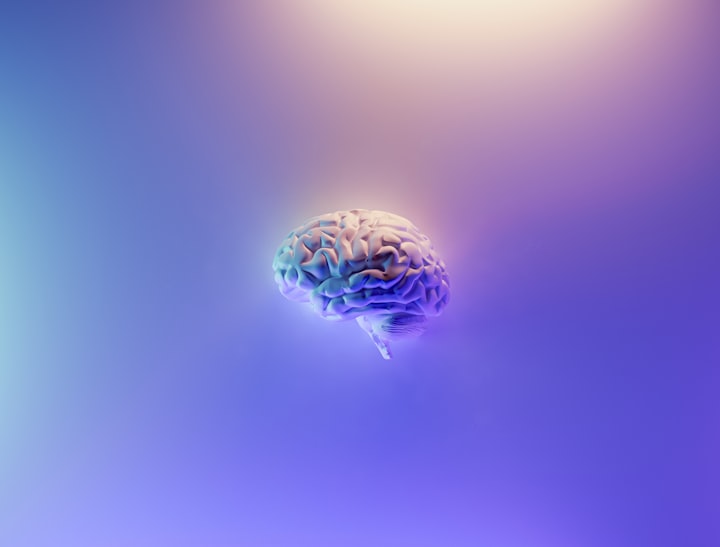
Learning is a multifaceted endeavor, influenced by an interplay of cognitive, emotional, and physiological factors. At its core lies neuroplasticity, the brain's remarkable ability to rewire and adapt in response to experiences. This phenomenon underpins our capacity to acquire new knowledge, develop skills, and navigate the complexities of the world around us.
As we embark on the journey of learning, synaptic connections between neurons are forged and strengthened through repetition and reinforcement. This process, occurring predominantly during childhood and adolescence, lays the foundation for cognitive development and intellectual growth. However, the misconception of innate talent often obscures the true essence of achievement. Icons like Mozart and Picasso, often hailed as prodigies, in reality, honed their craft through relentless practice and dedication from a young age.
Yet, as we transition into adulthood, the landscape of learning undergoes a transformation. The brain's plasticity diminishes, and the acquisition of new skills becomes increasingly challenging. This phenomenon, often attributed to the pruning of synaptic connections and the gradual decline in neural plasticity, underscores the importance of adopting effective learning strategies.
Enter the six critical ingredients for accelerated learning: attention, alertness, sleep, repetition, breaks, and mistakes. Each element plays a pivotal role in optimizing the learning process, offering insights into how we can harness our cognitive potential more effectively.
Attention serves as the gateway to learning, allowing us to selectively focus on relevant information while filtering out distractions. Cultivating sustained attention requires discipline and practice, yet the rewards are manifold. Studies have shown that focused attention correlates strongly with information retention, particularly in the long term. By minimizing distractions and immersing ourselves fully in the learning task at hand, we can enhance our capacity to absorb and retain new knowledge.
Complementing attention is alertness, the physiological state characterized by heightened arousal and vigilance. Activation of the body's fight-or-flight response triggers the release of neurotransmitters like adrenaline and noradrenaline, amplifying our cognitive functions and facilitating learning. Strategies to enhance alertness range from physical exercise and stressors to breathing techniques and caffeine consumption. However, striking a balance is crucial, as excessive stress can impede learning and memory consolidation.
Sleep emerges as a cornerstone of effective learning, facilitating memory consolidation and cognitive processing. During sleep, the brain undergoes a complex series of physiological and neurological processes, essential for encoding newly acquired information into long-term memory. Prioritizing sleep hygiene, including adequate sleep duration and quality, is paramount for optimizing learning outcomes.
Repetition solidifies learning, reinforcing neural pathways associated with acquired knowledge or skills. By spacing out learning sessions over multiple days and employing techniques like the spacing effect, we enhance memory consolidation and retention. Moreover, incorporating retrieval practice and active recall into our study routines can further bolster learning efficacy, fostering deeper comprehension and long-term retention.
Breaks are not mere indulgences but essential for effective learning. They provide our brains with the opportunity to consolidate information subconsciously while guarding against retrograde interference. By integrating short breaks into our study routines and engaging in activities that promote relaxation and rejuvenation, we enhance learning efficiency and productivity.
Embracing mistakes, albeit daunting, is integral to the learning process. Mistakes trigger neurochemical responses that enhance attention and neuroplasticity, paving the way for accelerated learning and skill acquisition. Creating a supportive learning environment that encourages risk-taking and resilience fosters a healthy attitude towards failure, empowering individuals to learn from their mistakes and grow stronger in the process.
In conclusion, by understanding the intricacies of the learning process and harnessing the power of attention, alertness, sleep, repetition, breaks, and mistakes, we can unlock our cognitive potential and embark on a journey of lifelong learning and growth. Armed with effective learning strategies and a deep appreciation for the remarkable adaptability of the human brain, we can navigate the complexities of the modern world with confidence and competence.
About the Creator
Ugochukwu victor
Passionate about changing the world and empowering others to create wealth. Firm believer in the power of belief. Let's work together to make a difference and inspire others to believe in their dreams too."
Enjoyed the story? Support the Creator.
Subscribe for free to receive all their stories in your feed. You could also pledge your support or give them a one-off tip, letting them know you appreciate their work.






Comments
There are no comments for this story
Be the first to respond and start the conversation.